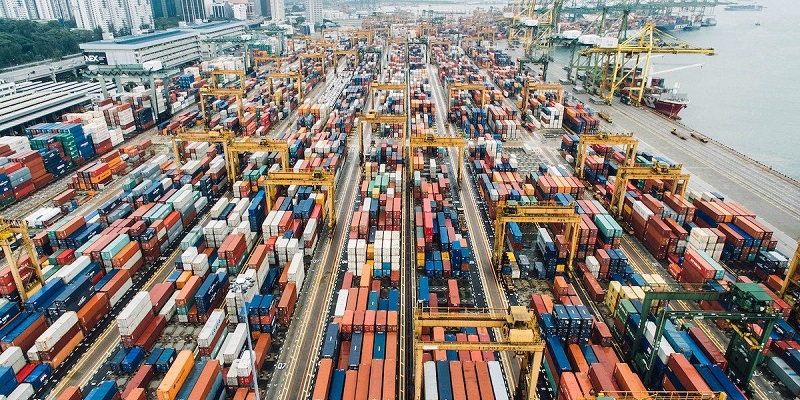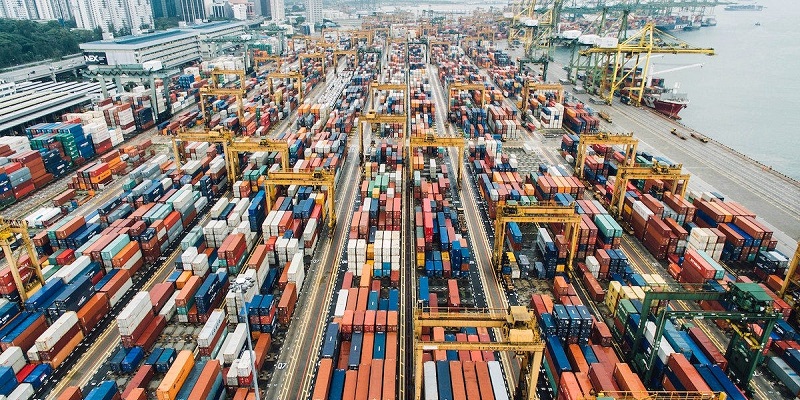Schedule a Call Back
Port delays and regulations strain India’s steel user industries: GTRI
 Industry News
Industry News- Nov 19,24

Related Stories

Port delays and regulations strain India’s steel user industries: GTRI
Policies designed to protect domestic steelmakers, such as import restrictions and quality control measures, have inadvertently hurt industries dependent on imported steel, undermining their product..
Read more
India to introduce import limits on laptops, tablets, PCs in 2025
Currently, India permits unrestricted imports of these products, but the proposed limits could reshape the $10 billion IT hardware market, which is highly import-reliant.
Read more
India levies anti-dumping duty on chemical imports from China, Korea & Thailand
The decision follows a recommendation by the Directorate General of Trade Remedies (DGTR) under the Commerce Ministry, which found that Epichlorohydrin was being sold in India below standard prices ..
Read more











